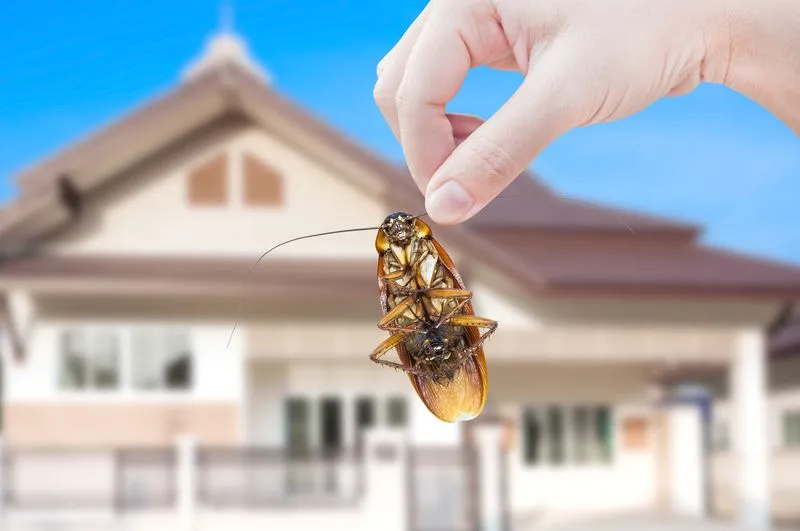A pest-free home is essential for maintaining a healthy living environment and preserving the structural integrity of your property. Pest-proofing your home can help prevent infestations before they start and save you time, money, and stress in the long run. In this article, we will explore essential tips for keeping pests at bay and ensuring your home remains a comfortable, pest-free sanctuary.
Seal Entry Points
The first step in pest-proofing your home is to identify and seal any potential entry points. Pests can enter your home through cracks, gaps, and holes in walls, foundations, windows, and doors. Inspect your home’s exterior for any openings and use caulk, steel wool, or weatherstripping to seal them up. Don’t forget to check for gaps around utility lines, pipes, and vents, as these can also provide easy access for pests.
Keep Your Home Clean and Clutter-Free
A clean and clutter-free home is less attractive to pests looking for food and shelter. Regularly clean your home, paying particular attention to areas where food is prepared and consumed. Make sure to clean up spills, crumbs, and other food debris promptly. Additionally, keeping clutter to a minimum can eliminate hiding spots for pests, making it more difficult for them to establish a foothold in your home.
Store Food Properly
Proper food storage is essential for keeping pests away. Store food in airtight containers made of glass or plastic to prevent pests from accessing it. Keep pantry items, including pet food, off the floor and away from walls to make it more challenging for pests to reach. Regularly check your pantry for signs of infestation, such as damaged packaging or droppings, and dispose of any contaminated food items immediately.
Maintain Your Yard
A well-maintained yard can help prevent pests from finding their way into your home. Keep grass trimmed, rake leaves, and clear away any debris that could provide shelter for pests. Store firewood at least 20 feet away from your home and keep it off the ground to discourage termites and other wood-destroying insects. Eliminate sources of standing water, such as clogged gutters or birdbaths, as these can attract mosquitoes and other pests.
Repair Leaks and Address Moisture Issues
Many pests, such as cockroaches and termites, are attracted to moisture. Regularly inspect your home for signs of leaks or water damage and address any issues as soon as possible. Ensure that your home is well-ventilated to prevent moisture buildup, and use a dehumidifier in damp areas, such as basements or crawl spaces, to maintain a dry environment that is less appealing to pests.
Monitor for Signs of Pest Activity
Regularly inspect your home for signs of pest activity, such as droppings, gnaw marks, or damaged materials. By staying vigilant, you can identify and address any potential infestations before they become a significant problem. If you notice any signs of pest activity, consult with a professional pest control service to help you determine the best course of action.
Utilize Natural Pest Deterrents
There are numerous natural pest deterrents you can use to discourage pests from entering your home. For example, plant herbs such as lavender, mint, or basil near your home’s entrance to repel insects. You can also use essential oils like eucalyptus, peppermint, or lemon to create a natural barrier that pests find unappealing.
Pest-proofing your home is a proactive and essential approach to maintaining a comfortable and healthy living environment. By following the tips outlined in this article, you can effectively reduce the risk of infestations and ensure your home remains a sanctuary for you and your family. Remember, sealing entry points, keeping your home clean and clutter-free, proper food storage, yard maintenance, addressing moisture issues, monitoring for pest activity, and utilizing natural deterrents are all key strategies to keep pests at bay. Taking these steps will not only save you time, money, and stress in the long run but also provide you with peace of mind knowing that your home is protected against unwanted pests.
Struggling with a beetle problem? Learn more about these pests and what you can do about them at CAPE Pest Control!

